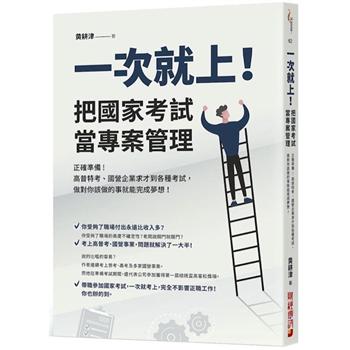An earthquake in Mexico City spurs the rise of democracy. A plague in South Africa lays the foundations for apartheid. A terrorist attack on New York City triggers massive shifts in global security. A global pandemic sets the stage for the largest civil rights protests in generations.
Beyond their physical impact, disasters assault our certainty and shape a narrow space to alter the structure of what we believe. That change can lead us toward disinformation and authoritarianism, or it can lead us toward greater solidarity and human rights. It all depends on the choices we make as we live through crisis; on how, in fact, we choose to know each other.
The Epistemology of Disasters and Social Change draws on social epistemology, disaster sociology, psychology and feminist philosophy to investigate how disasters function as cauldrons of social transformation, for good and ill. We wrestle with how disasters change us, moment by moment, and provide new strategies to help these tragic eventsproduce positive social transformation, leading to a brighter future during this century of crisis.












